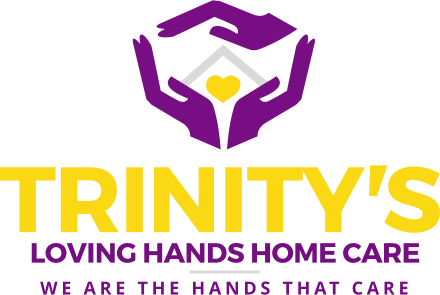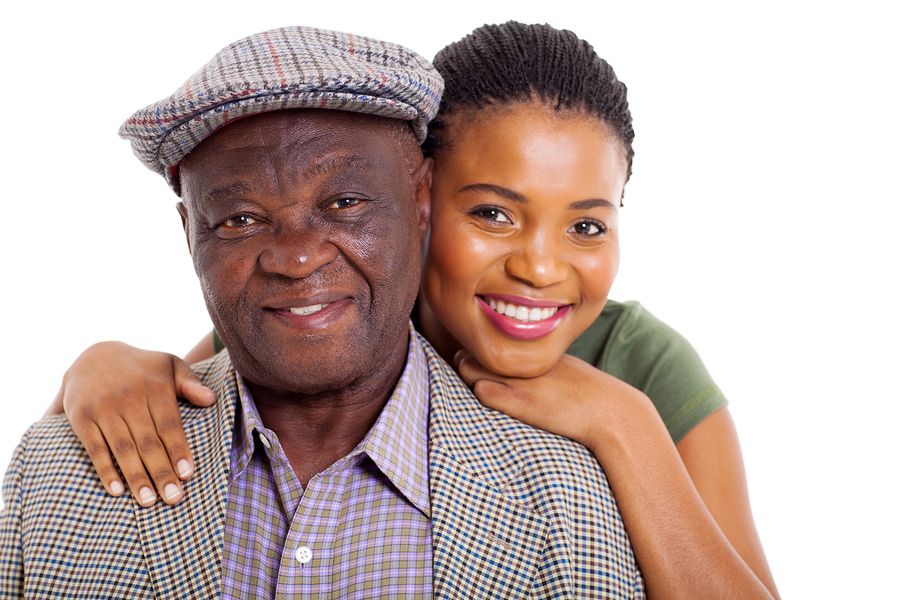Long-term care plans need to be a discussion that every family has. You never have a guarantee regarding how your dad is going to age. He wants to age at home, but your family needs to discuss what happens if his health changes. Having assistance from respite care providers could be a valuable asset to have.
His health isn’t the only concern. October is Breast Cancer Awareness Month and a good time to consider the statistics. The median age of a breast cancer diagnosis is 62, and there are more than 287,000 new breast cancer cases diagnosed each year.
The lifetime risk of breast cancer is around 13%. Both women and men can get breast cancer, though it’s more common in women. As your family talks about your dad’s care needs and who is going to provide that care, you have to consider what will happen if that family caregiver becomes sick. What happens if your sister suddenly is the one needing support and care?
Step Up and Help Out
The minute a family caregiver has been diagnosed with a chronic disease like breast cancer, step up and help out. Your sister has been caring for your dad for years, and she is now panicked and trying to figure everything out.
Don’t let her worry about your dad and make sure she knows you’re there for her. Offer to drive your sister to her appointments and be there for moral support. Ask if you could stop and get groceries, cook meals, or clean up.
Offering to do the school pick-up can be incredibly helpful, especially if treatments like chemo and radiation are leaving her feeling ill or weak. When you have spare time, ask if you could hang out and watch a movie or do something else that’s fun.
If you can, take a day or two to complete the care list tasks that your sister typically completes each day. She will be able to focus on healing and treatments if it’s clear that your dad is well cared for in your sister’s absence.
Your sister’s treatment plan will depend on the type of breast cancer and stage. Her oncologist may recommend a mastectomy. That surgery takes time to recover from. She won’t be allowed to lift anything that’s over a few pounds. Doing her laundry and carrying groceries and boxes is helpful.
The Family Caregiver’s Needs Come First
Even when a family caregiver is in good shape physically, mental, and emotional health issues may be arising. Families need to work together to provide the help an aging parent needs. Self-care is always important.
Respite care is a great way to make sure a family caregiver has time to heal from an illness like breast cancer. Respite care aides can tend to your dad’s care needs, and the rest of the family can rally around the family caregiver for support. Call our respite care aide to learn more.
Sources: https://www.cancer.org/cancer/breast-cancer/about/how-common-is-breast-cancer.html#:

